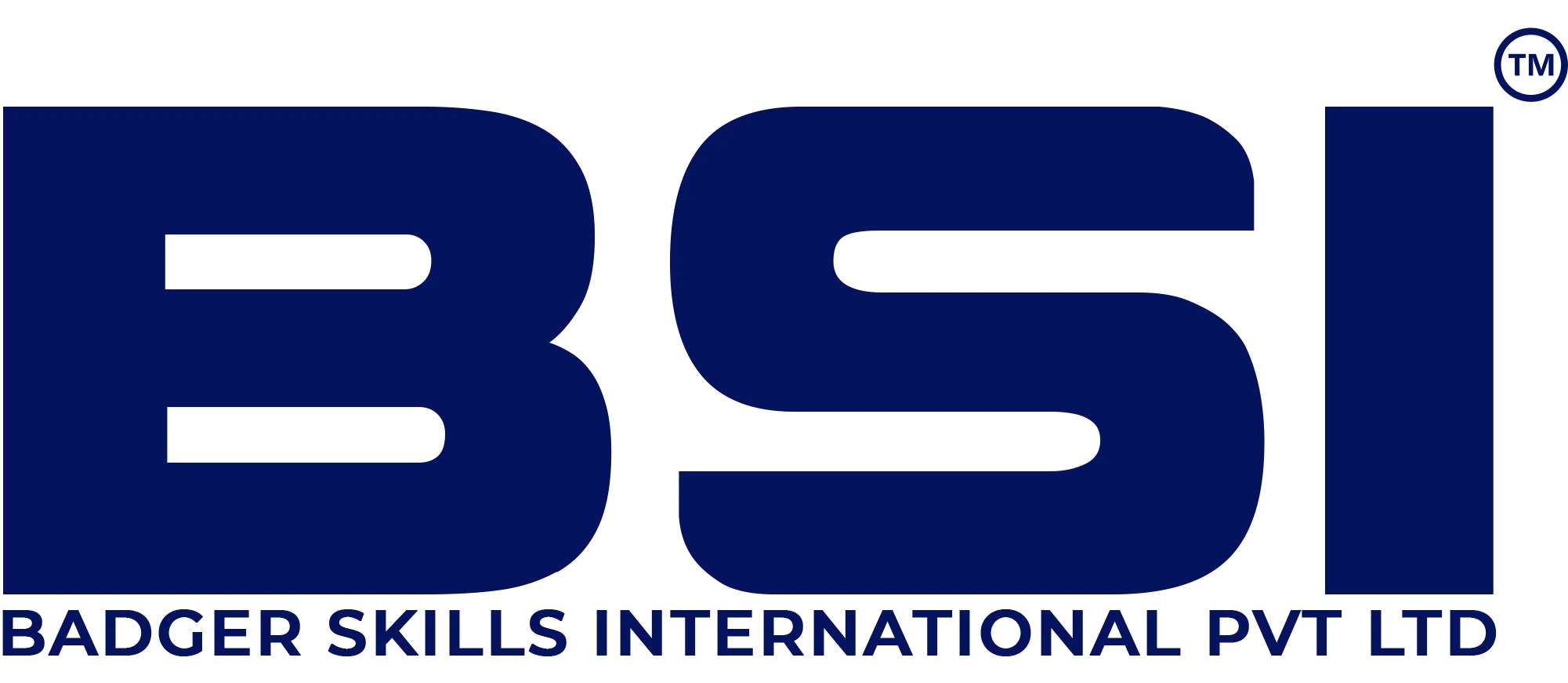
The Master of Tourism and Travel Management (MTTM) is a postgraduate degree designed to develop advanced knowledge and skills in the tourism and travel industry. The program combines theoretical studies with practical experiences, aiming to prepare students for leadership and management roles in tourism, hospitality, event management, and related fields. Key areas of focus include sustainable tourism, travel marketing, destination management, and strategic planning.
Start your journey by applying to the best colleges. Don’t miss out on the opportunity to shape your future!
Apply Now2nd Floor, KJK BUILDING, BASIL JUNCTION, Kothamangalam, Ernakulam, Kerala 686691
